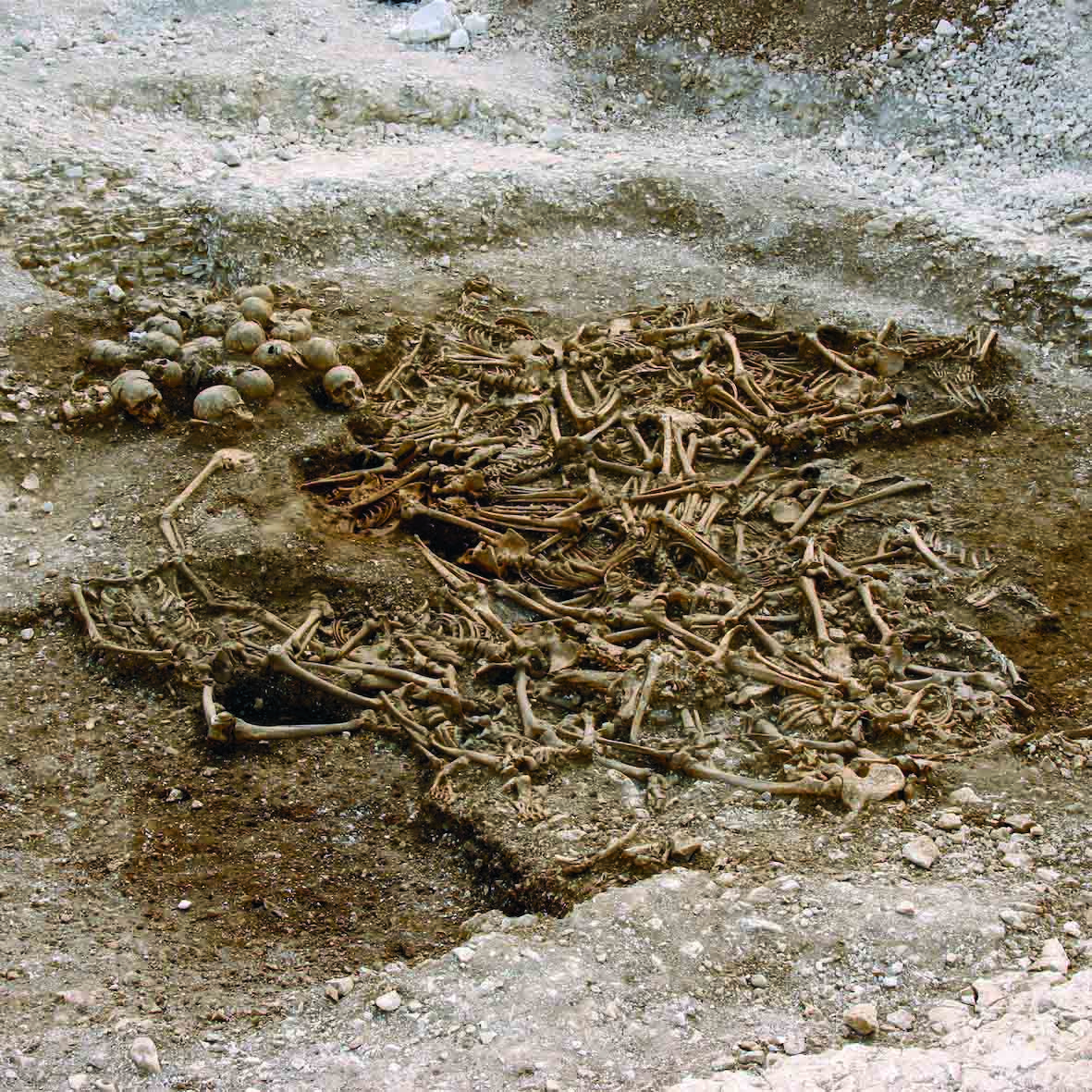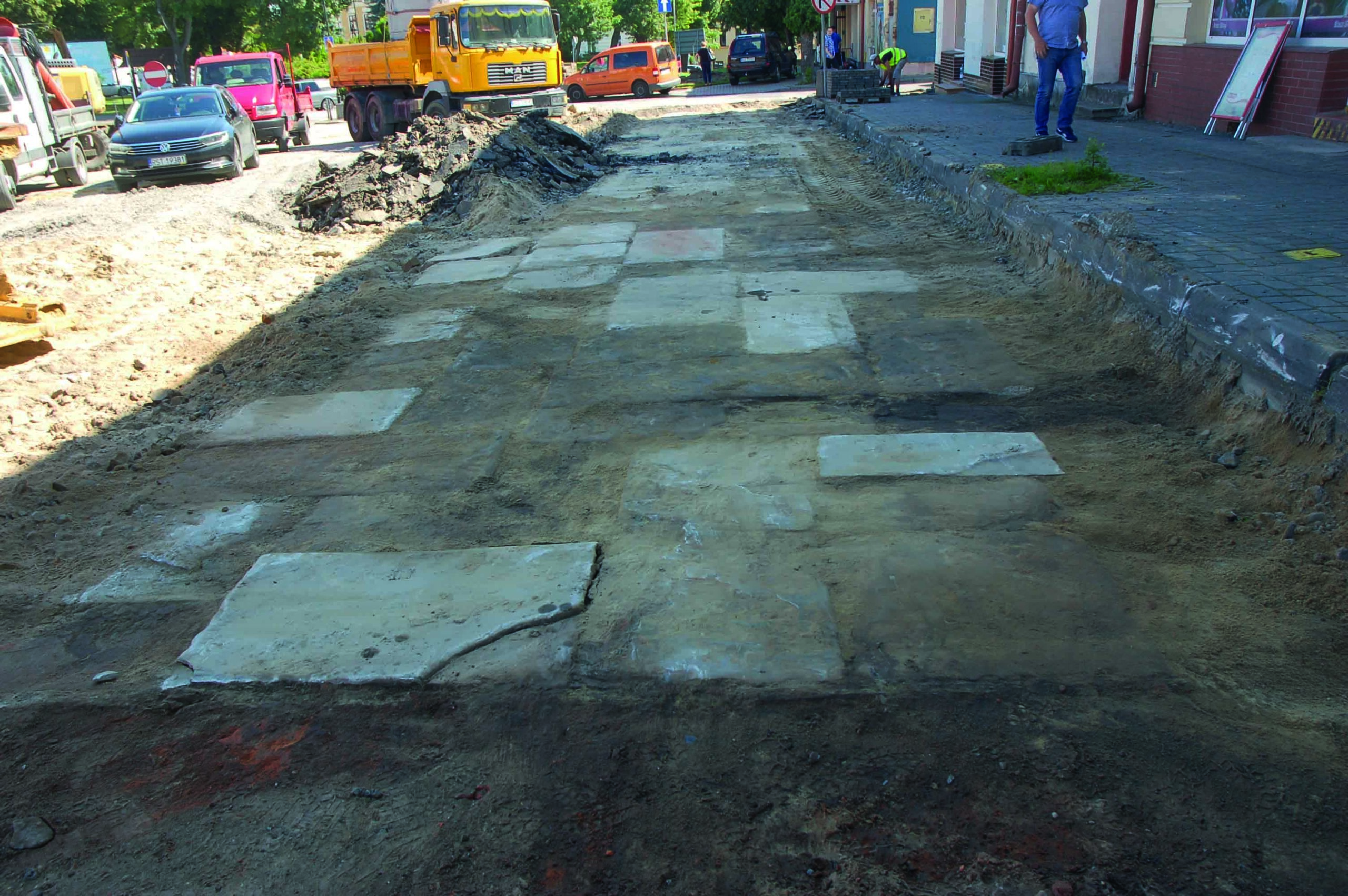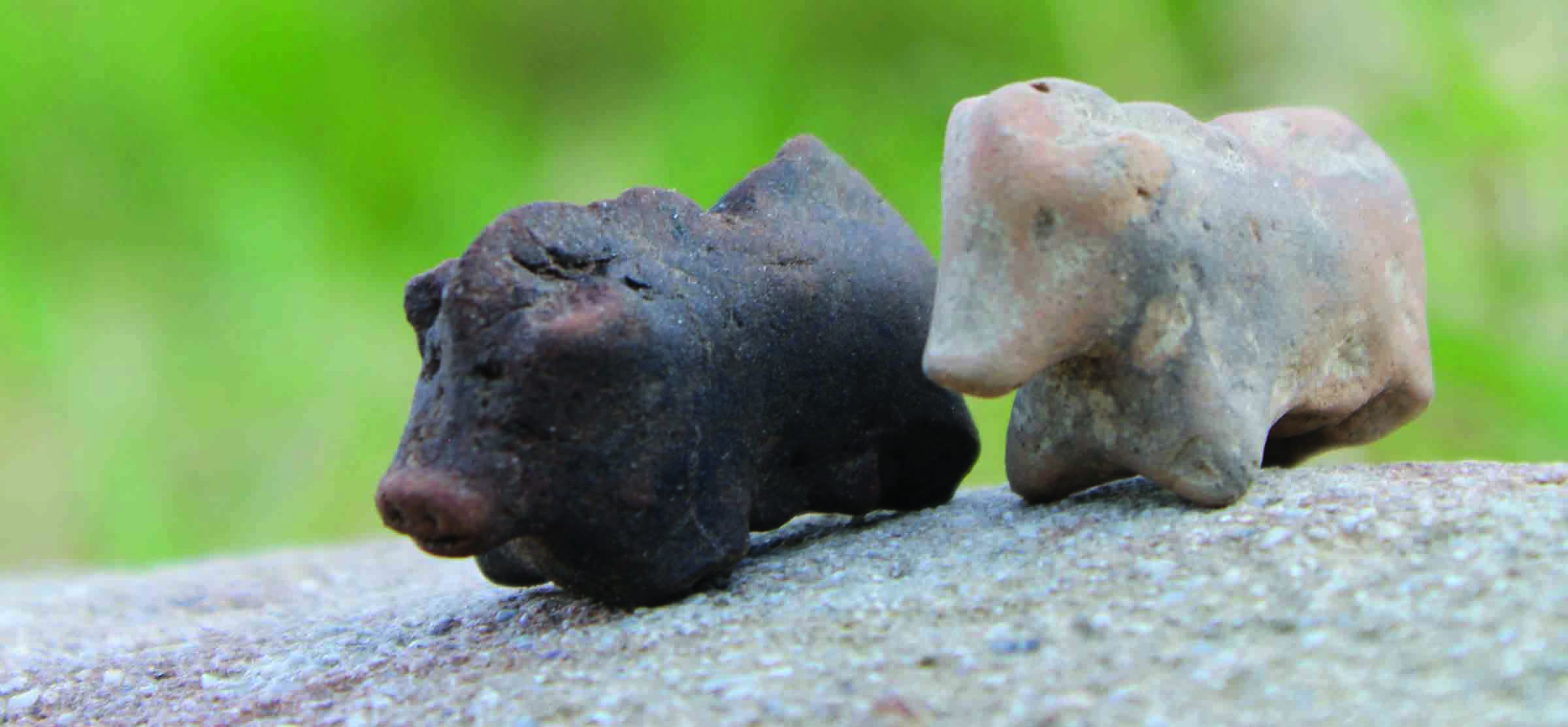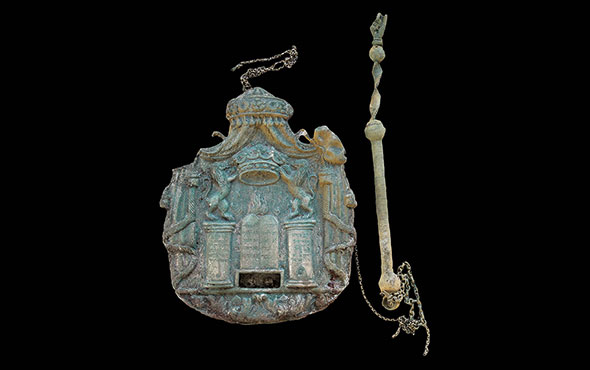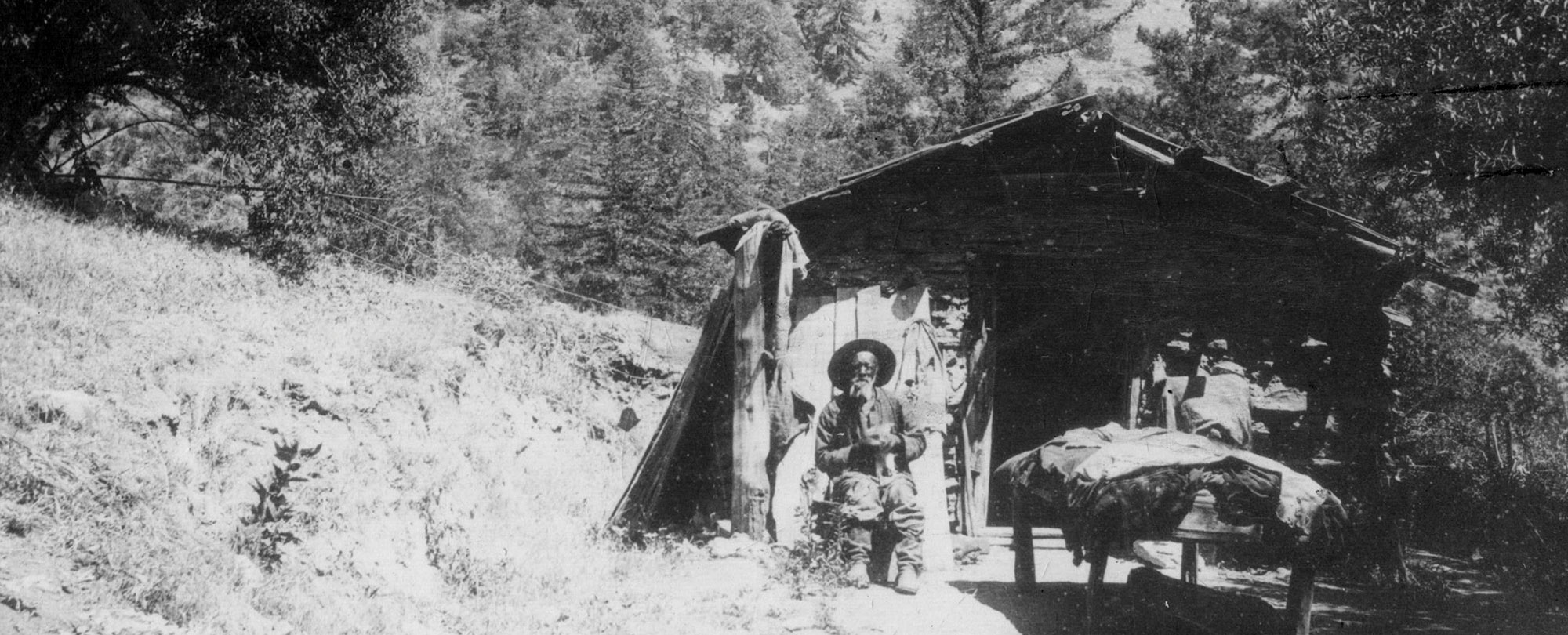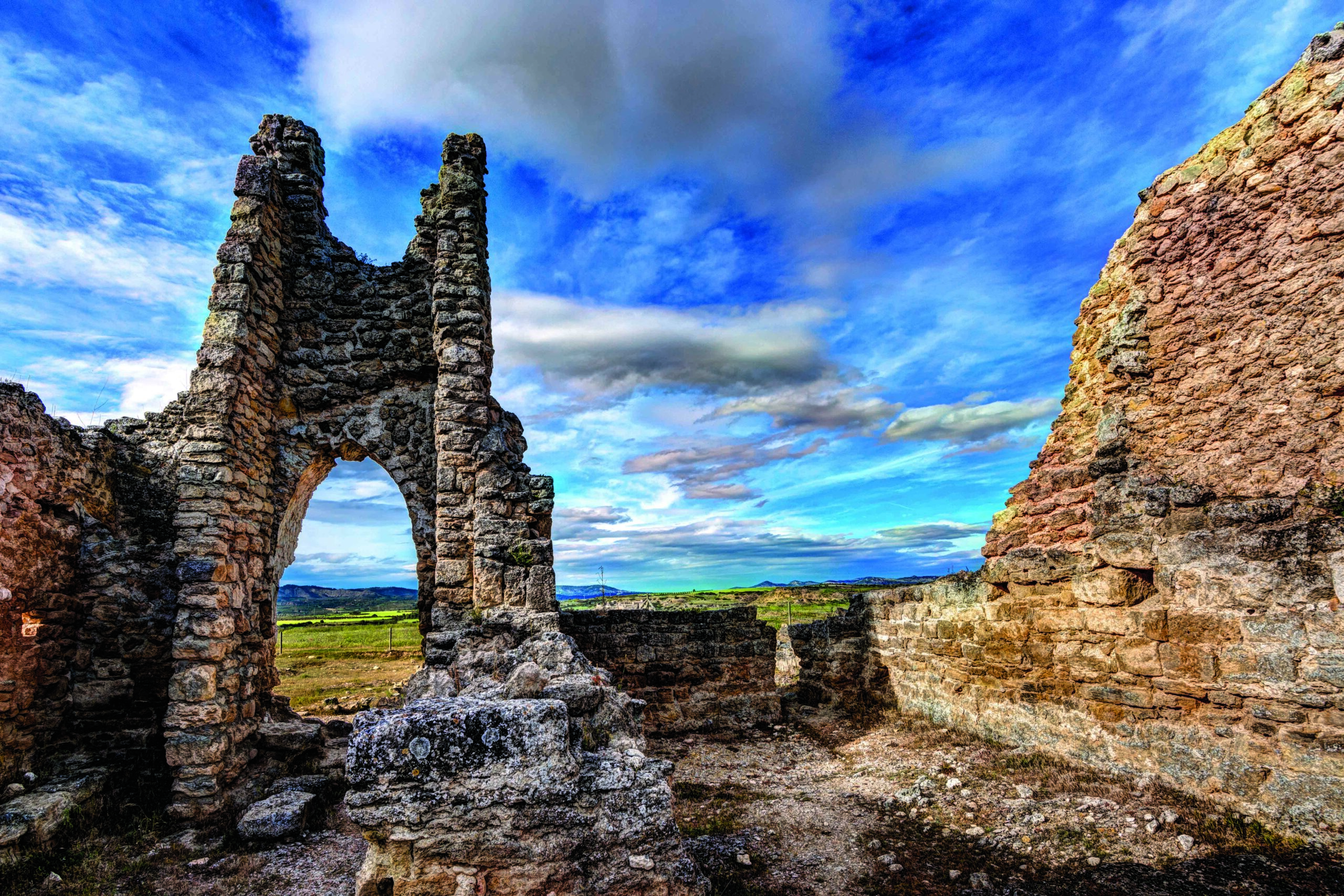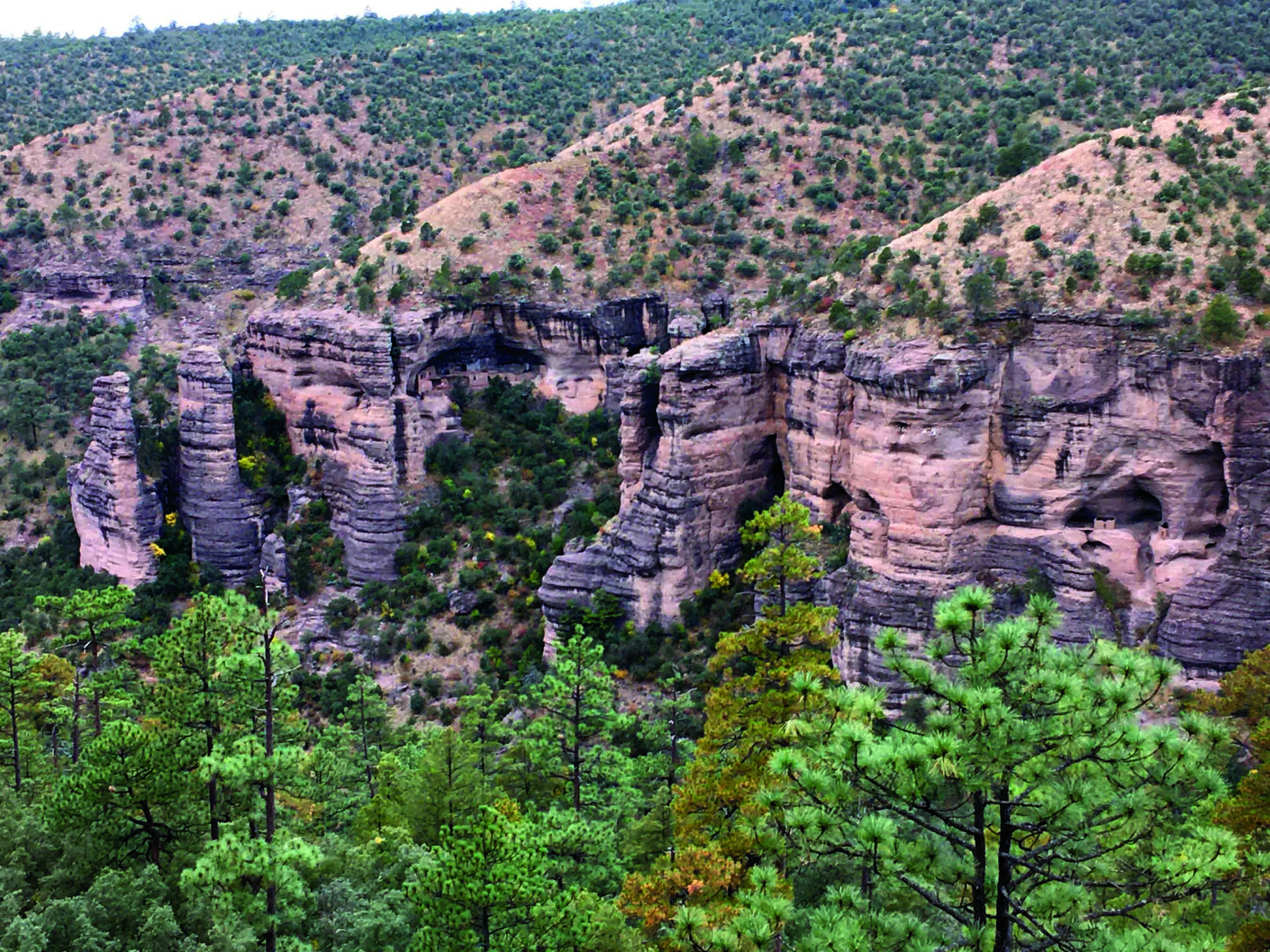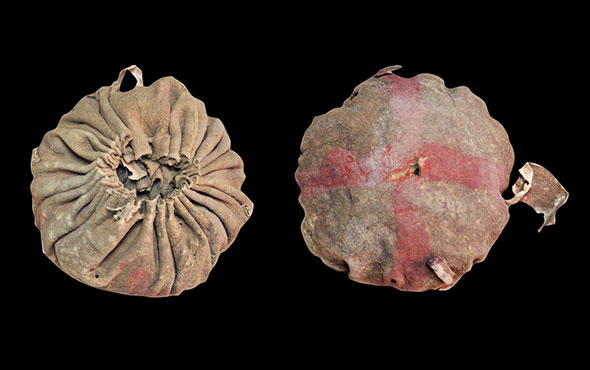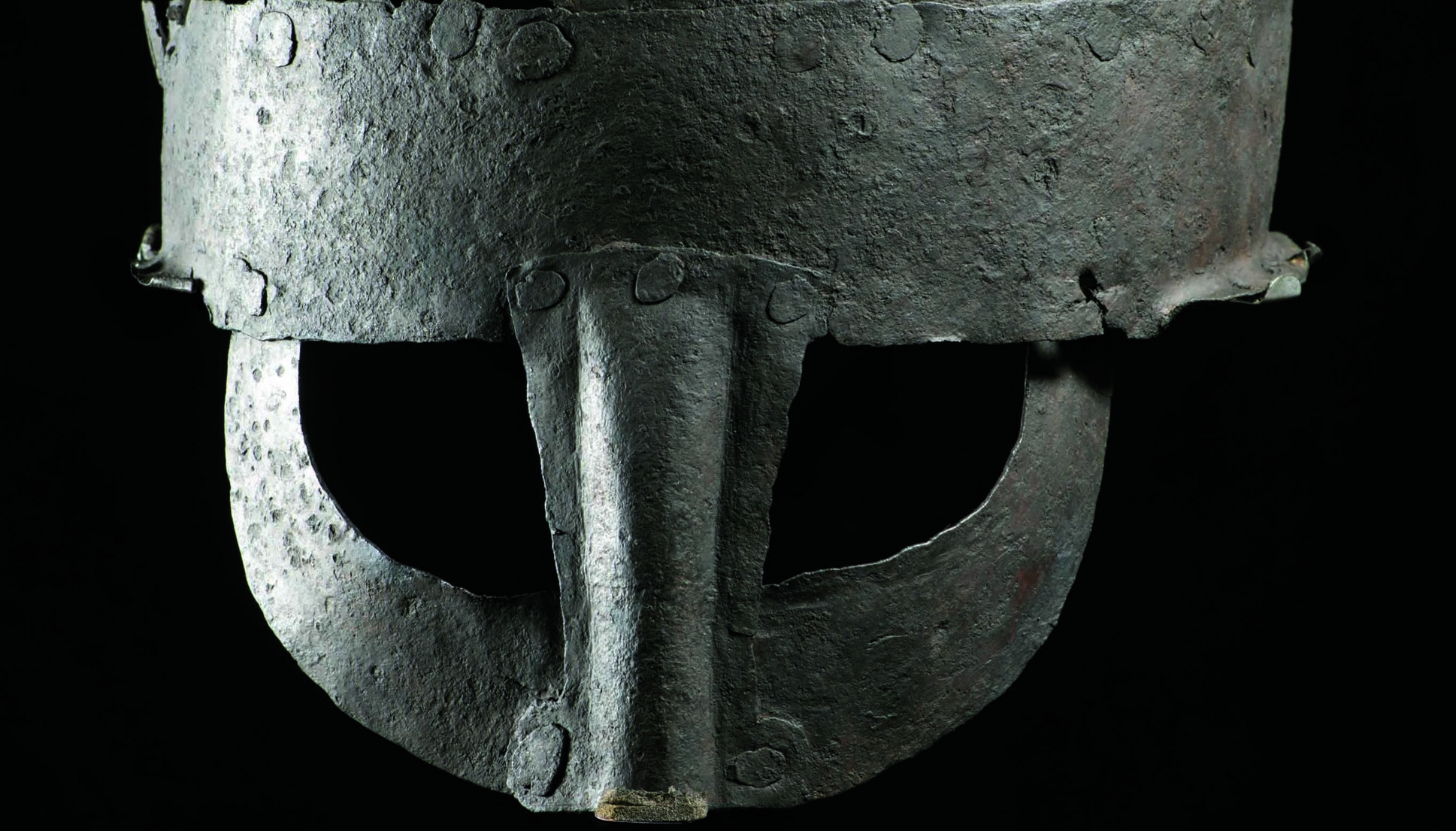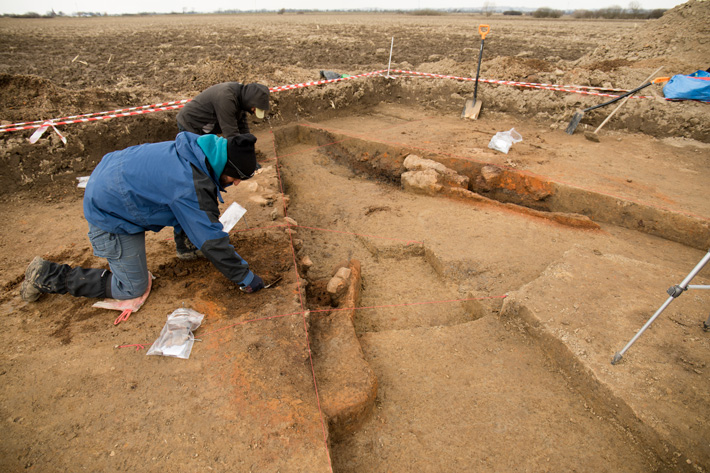
WRZĘPIA, POLAND—Some 130 kilns have been mapped with a magnetometer at a 12-acre industrial site in southern Poland, according to a Science in Poland report. Archaeologist Jan Bulas said that two of the kilns, where food storage vessels made on potter’s wheels were fired between the late third and the fifth century A.D., have been excavated. “The site in Wrzępia is unique for many reasons,” he said. “It should be emphasized that in the light of current knowledge it is not only the largest production site of this type in Poland, but also one of the largest in the entire barbaric Europe of the Roman period.” Further research at the site will investigate how long the site was used and how widely the pots were distributed. “It seems, however, that it was local, because there are no discoveries of vessels with the characteristic technology known from this region north of the nearby Vistula [River],” Bulas concluded. Other industrial kiln sites in the region may have made different sorts of vessels, he added. To read about eleventh-century A.D. warrior burials uncovered near the village of Cieple, go to "Viking Knights, Polish Days."


